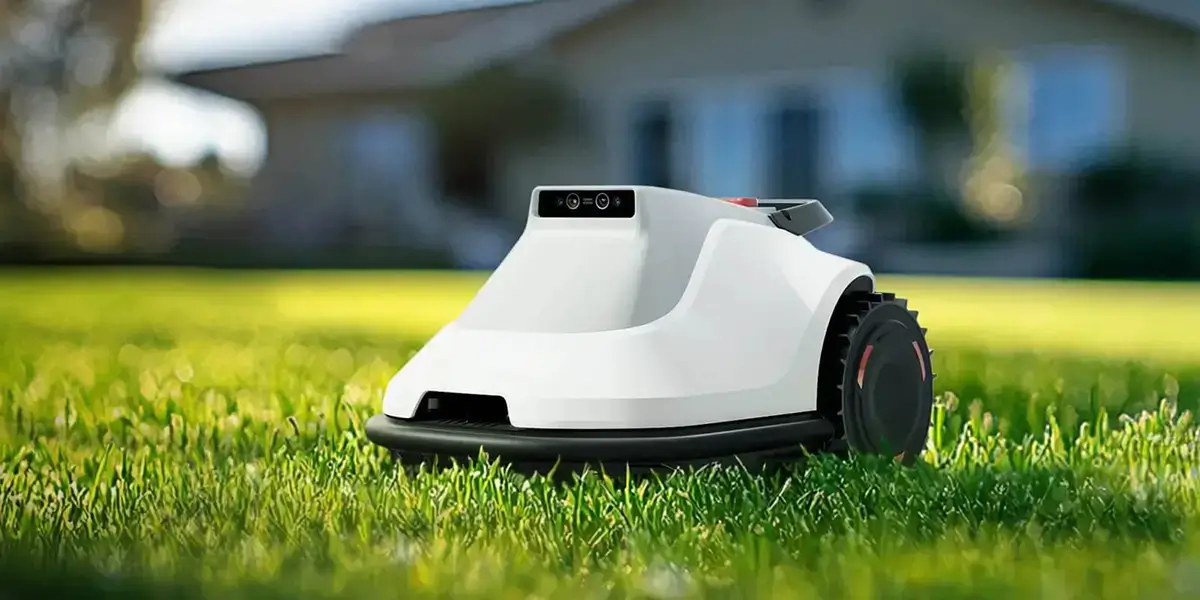Unlocking Precision: The Ultimate Guide to Choosing the Best Servo Motor for Unmatched Control
In today’s high-tech manufacturing and automation landscapes, precision isn’t just a luxury—it’s a necessity. Whether you're building robotics, CNC machines, or automated assembly lines, the ability to control motion with pinpoint accuracy can make or break the efficiency, quality, and reliability of your system. Enter the servo motor—a cornerstone of precision control.

But with an ocean of options on the market, how do you identify the best servo motor for your specific needs? The answer lies in understanding the core features and performance metrics that define a high-quality, precision-oriented servo motor. This guide aims to unravel those complexities, offering insights that empower you to make informed decisions.
The Heart of Precision: What Makes a Servo Motor Stand Out?
A servo motor is more than just a motor; it’s a sophisticated device equipped with feedback mechanisms, controllers, and precise control algorithms. Unlike standard motors, servo motors are designed for high performance, rapid response times, and exceptional positional accuracy.
Key characteristics that distinguish the best servo motors for precision control include:
Resolution and Accuracy: The finer the resolution, the more precise the control. Servo motors with high pulse counts or encoder resolutions enable minute adjustments, crucial in applications like robotics or medical devices.
Response Time and Velocity Control: Rapid acceleration and deceleration capabilities allow for dynamic adjustments, reducing overshoot and oscillations.
Torque Stability: Consistent torque across various speeds ensures stable operation essential for precision tasks.
Feedback Mechanisms: Encoders, resolvers, or Hall sensors provide real-time data for maintaining accuracy, allowing the control system to actively compensate for errors.
Build Quality and Durability: High-quality materials and construction guarantee long-term performance and minimal degradation over time.
Types of Servo Motors Catering to Precision Needs
Depending on the application requirements, different servo motor architectures may be suitable:
AC Servo Motors: Known for their reliability and high torque density, these are often used in industrial automation, CNC machinery, and robotics. They excel in applications needing precise, continuous rotation and high speeds.
DC Servo Motors: These provide precise control through simple circuitry, making them suitable for smaller or portable devices. Brushless DC (BLDC) actuators are popular for their high efficiency and low maintenance.
Brushless Servo Motors: Offering high reliability and efficiency, BLDC motors are one of the top choices for settings demanding durability, quiet operation, and refined control.
Choosing the Right Servo Motor: Key Considerations
Since "best" varies per application, the ideal servo motor aligns with your specific operational demands. Here are critical factors to weigh:
Application Type & Load Requirements: Is your system handling a delicate surgical instrument or rugged industrial equipment? Different loads and environments dictate distinct motor specifications.
Precision Needs: Determine the minimum positional increments your project requires. This will influence encoder resolution and motor size choices.
Speed Range: High-speed applications may need servo motors with rapid response times, while slow, precise movements favor different performance profiles.
Feedback Type: Encoders come in different types—optical, magnetic, or hybrid—and their resolution significantly impacts control accuracy.
Control System Compatibility: The motor must work seamlessly with your existing driver, driver electronics, and control algorithms.
Size and Form Factor: Space constraints can define your choice, especially in compact automation devices or embedded systems.
Reliability and Maintenance: Opt for brands and models with proven longevity, especially for mission-critical systems.
Highlighting Top Contenders in the Market
Numerous manufacturers have developed high-performance servo motors tailored for precise control. Some stand out for their measurable impact on accuracy, responsiveness, and overall system integration:
Mitsubishi Electric MR-J4 Series: Known for its advanced features like high-resolution encoders and intelligent diagnostics, making it a favorite in robotics and high-precision automation.
Siemens Sinamics S120: Offers robust performance with flexible feedback options and seamless integration into complex control systems.
Yaskawa Sigma-7: Praised for exceptional dynamic response, low vibration, and precise positioning capabilities.
FANUC Alpha i Servo Series: Combines compact design with impressive accuracy and fast response times, suitable for demanding manufacturing tasks.
Kollmorgen AKMH Series: A top candidate for applications demanding high precision, reliability, and ease of integration with modern control architectures.
Stay tuned for Part 2, where we’ll explore practical tips for selecting, deploying, and optimizing your servo motor system for ultimate precision, along with a detailed comparison of leading models and expert insights that will guide your decision-making with confidence.
Kpower has delivered professional drive system solutions to over 500 enterprise clients globally with products covering various fields such as Smart Home Systems, Automatic Electronics, Robotics, Precision Agriculture, Drones, and Industrial Automation.




































